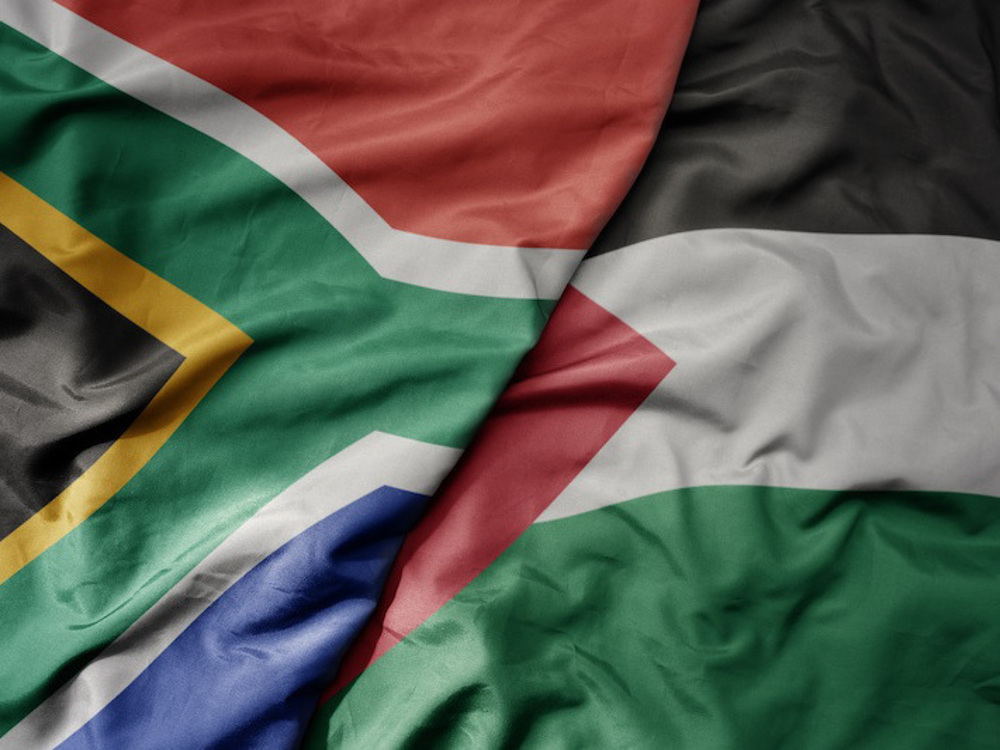Zimbabwe doctors, teachers strike over unpaid wages
In Zimbabwe, teachers, doctors and nurses began a strike Tuesday over unpaid salaries amid a deteriorating economic situation in the country.
The head of the Zimbabwe Hospital Doctors' Association, Fortune Nyamande, said the strike action could continue for several coming days.
"The issue is that doctors cannot come to work because they have not been paid. It looks like this (strike) will go on until July 14."
In the capital, Harare, witnesses said non-critical patients were told to come back next week as junior doctors and nurses were on strike at the two largest state hospitals of Parirenyatwa and Harare Central. Only senior staff members were at work in the two major medical centers.
According to Reuters, students could be seen playing at sports fields at most state schools around Harare in the morning because teachers did not come to work. However, school heads, who are not allowed to strike under Zimbabwe's labor laws, reported for duty.

In addition to that, a little known social movement called ThisFlag has called for a national stay-away day on Wednesday "to shut down the country" in protest against the government.
Reacting to developments, acting Labor Minister Supa Mandiwanzira said the state was ready to talk to workers about their grievances.
The administration of President Robert Mugabe has said it will pay nurses and doctors their June salaries on July 14 and the teachers on July 7. The government has also delayed paying the June salaries of the security services and military personnel by two weeks.
The strike action comes a day after police used force against protesting taxi drivers in Harare. The Monday protests were the first to turn violent since 2005.
Zimbabwe’s economy is beset by cash shortages. The issue has prompted small, spontaneous protests over the past month.
Finance Minister Patrick Chinamasa said in London on Monday that he hoped multilateral lenders would sign a deal for Zimbabwe to clear its arrears by December.

Zimbabwe’s main opposition party Movement for Democratic Change (MDC) says Mugabe has failed to properly address issues such as economic decline, mass unemployment and emigration in Zimbabwe while accusations have been high about repression of dissent and vote-rigging during his tenure.
Mugabe, who appears regularly in public, has ruled Zimbabwe since its independence in 1980. He has promised that he will run again for president in 2018.
Yemeni army strikes Israeli military sites with drones
‘Clock ticking’: UNRWA slams unjustifiable killing of children in Gaza
BP to be sued in Britain for supplying oil to Israel
VIDEO | Press TV's news headlines
Israeli strikes on north Gaza hospital ‘extremely dangerous, terrifying’: Director
VIDEO | Yemen targets Tel Aviv with Palestine 2 missiles
Pezeshkian: Iran resolved to complete North-South Transport Corridor
VIDEO | Iran-Syria: For Resistance















 This makes it easy to access the Press TV website
This makes it easy to access the Press TV website